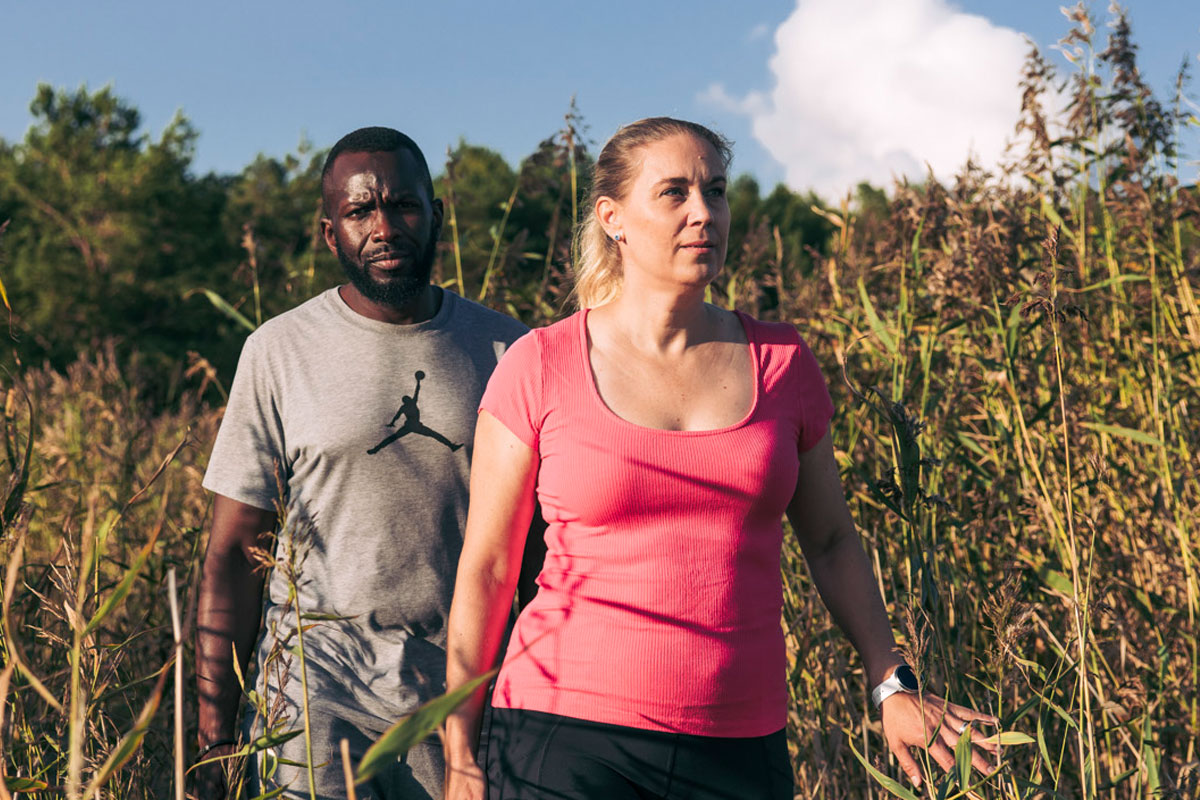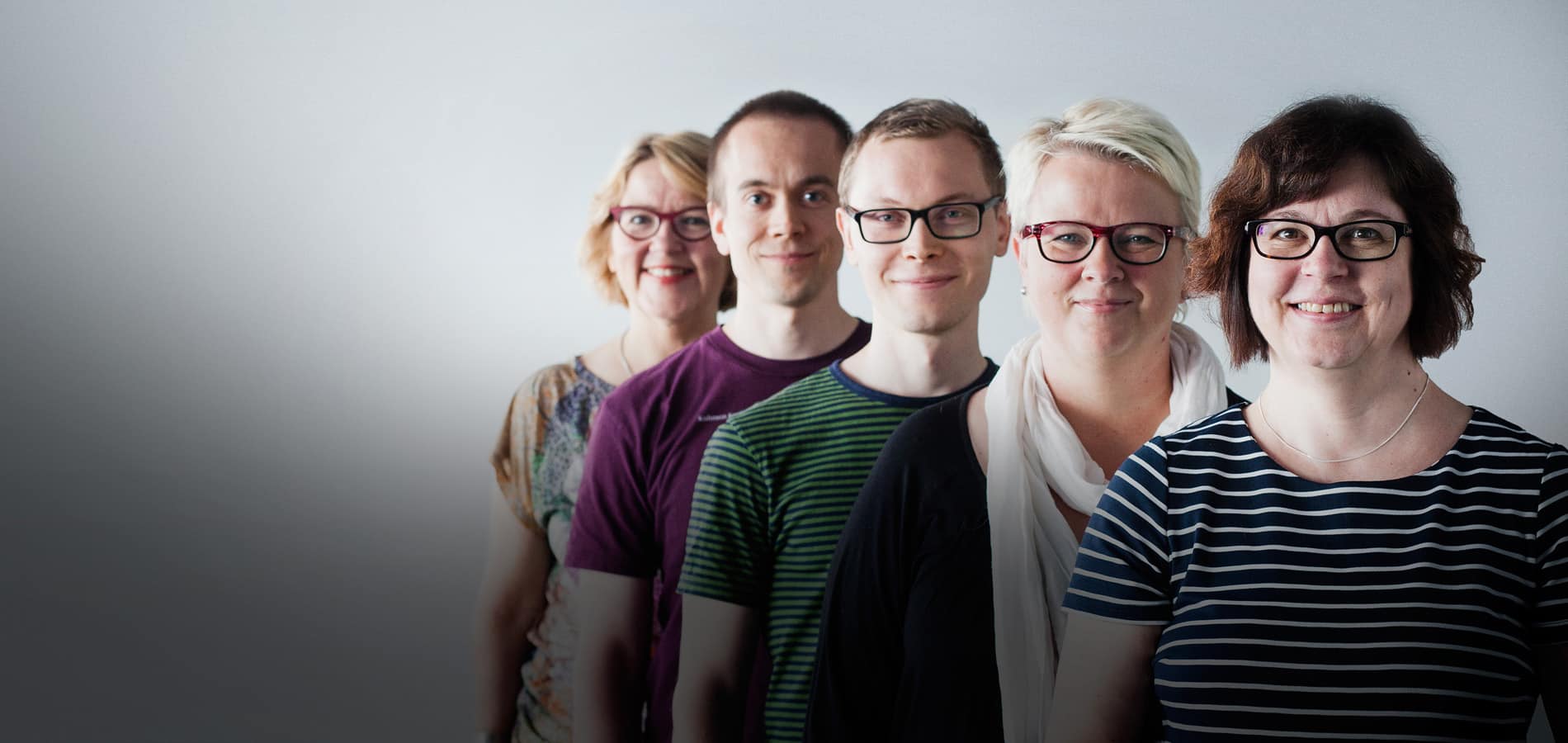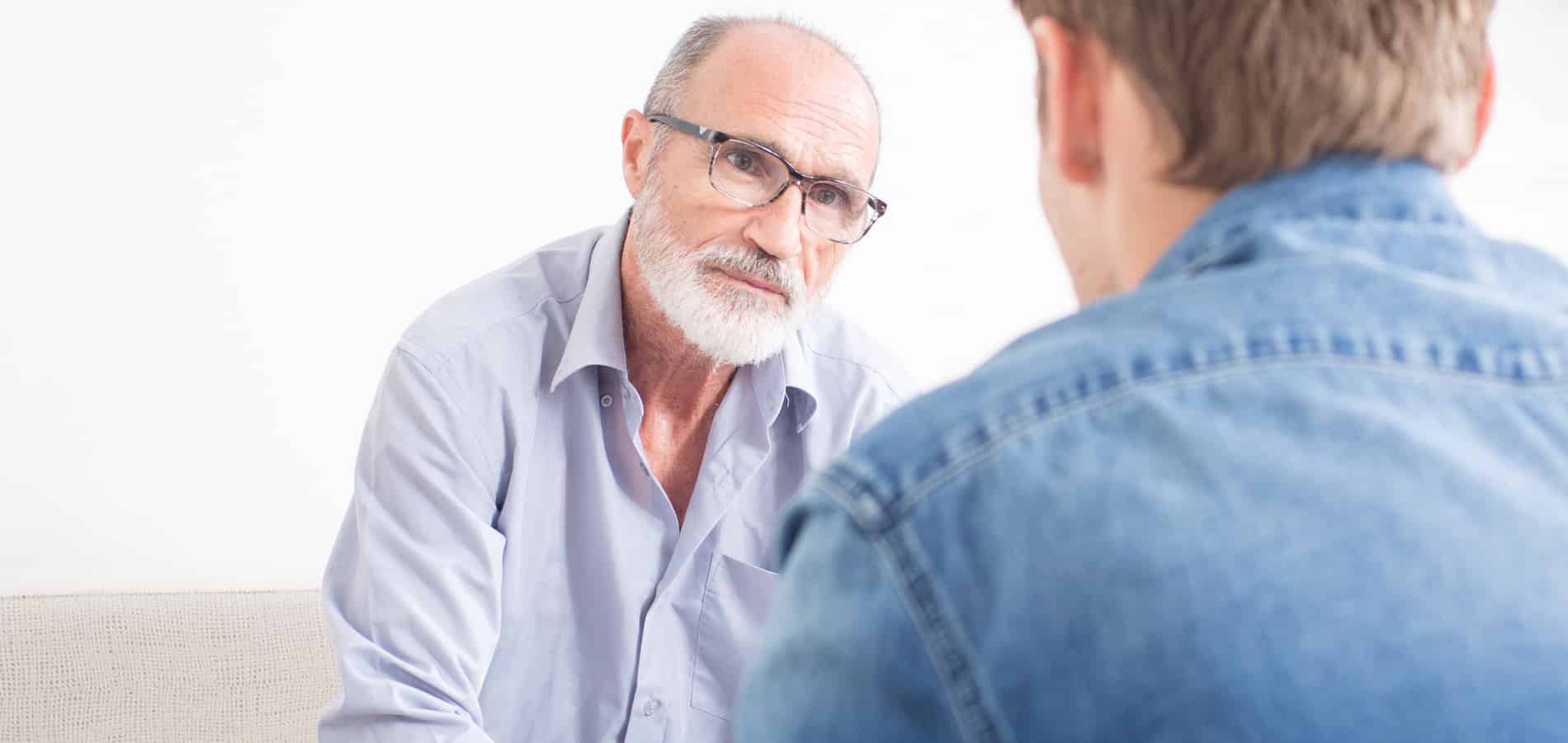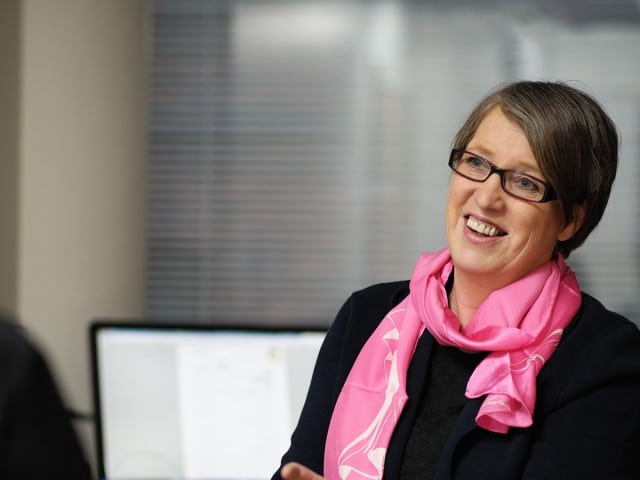
Supporting a person who is ill
Seeing a loved one suffering and in pain can make you feel helpless and insecure. You both have your own suffering to deal with. You would like to be there to support and help them, but you don’t know how or in what way.
The illness affects the quality of both your lives
Probably the most crucial support for the patient is to seek open contact with him or her from the very beginning of the diagnosis, even though the situation is frightening and uncertain for both of you. The illness affects the quality of both your lives, so sharing things together will help you to find support in each other. For the patient, reassurance comes from feeling that you have their strong support. You should also share your own experiences and discuss the impact of the illness on your life, finances, home care, and roles. Tell your partner that you are willing to help and show that he or she has the right to ask you for help and refuse your help. Practise asking openly if they need your help and what they would like right now.
The more you support each other and have open discussions, the easier your partner will feel about coping with a stressful life situation. Learn to be content with just listening to your partner without offering solutions or suggestions. It may be most important for them to express their feelings without fear of how you will cope with their experience. By allowing this compassionate space, you are showing love and caring, safe compassion. Often just being present and showing love is enough, you don’t have to try to fix things or make them feel better. The situation is ultimately beyond your control and you can learn to let go of any self-imposed over-responsibility or demands to “make things better.”
Talk about and share things that connect you, things you enjoy, such as time spent together over a movie or a meal. Take moments with other meaningful and important things by making time for them.
Read more about related topics

Thank you for the feedback
Read article
I want a support person
Syöpäjärjestöjen kouluttamat vertaistukihenkilöt voivat auttaa sairastunutta ja hänen läheistään. Jos haluat tukihenkilön, täytä alla oleva lomake, niin otamme yhteyttä.
Read articleAccessibility Statement
Read article
What is cancer?
Cancer is a general term for a large group of diseases, whose causes, characteristics and occurrence can vary greatly. There is no completely clear-cut definition of cancer. Cancer is particularly a disease of older people. Due to population ageing, we have seen an increase in cancer incidence.
Read article
Alternative cancer treatments
There is no official definition of alternative cancer therapies or belief-based treatments. Alternative treatments involve therapies and methods that are not rooted in medical scientific knowledge and their effectiveness or safety has not been reliably established.
Read article

Cancer and fertility
Cancer patients of childbearing age are often worried about their possibilities to have children after undergoing treatment for cancer. The issue is increasingly topical because nowadays a greater proportion of people who have cancer in their childhood or youth recover from the disease.
Read article
Targeted drugs
An increasing number of anti-cancer drugs are based on specific abnormalities in the structure and function of cells in a particular tumour type.
Read article
Diagnosis – It can’t be true!
Everyone has their own way of dealing with a cancer diagnosis. Very often it causes a crisis.
Read article